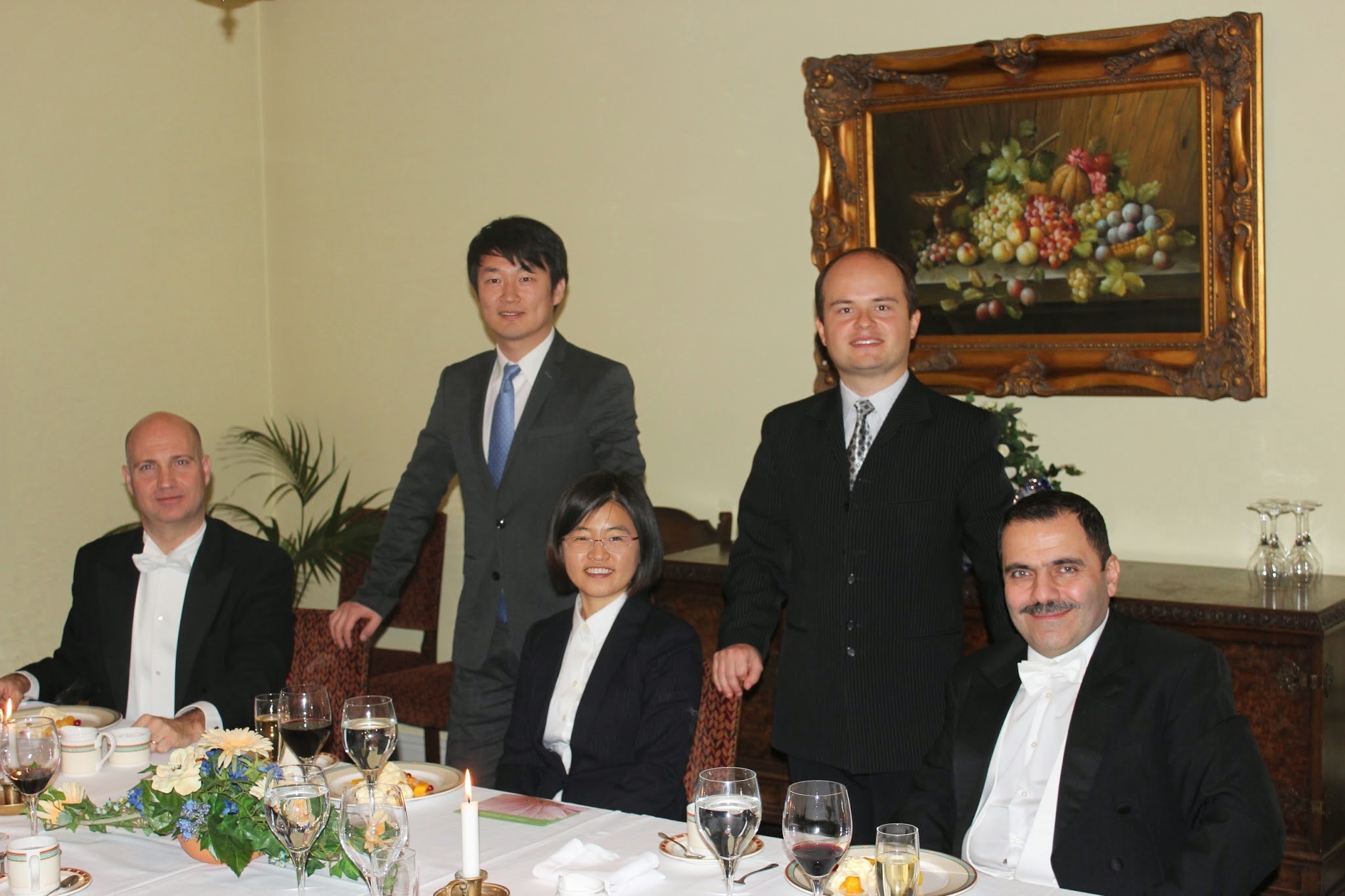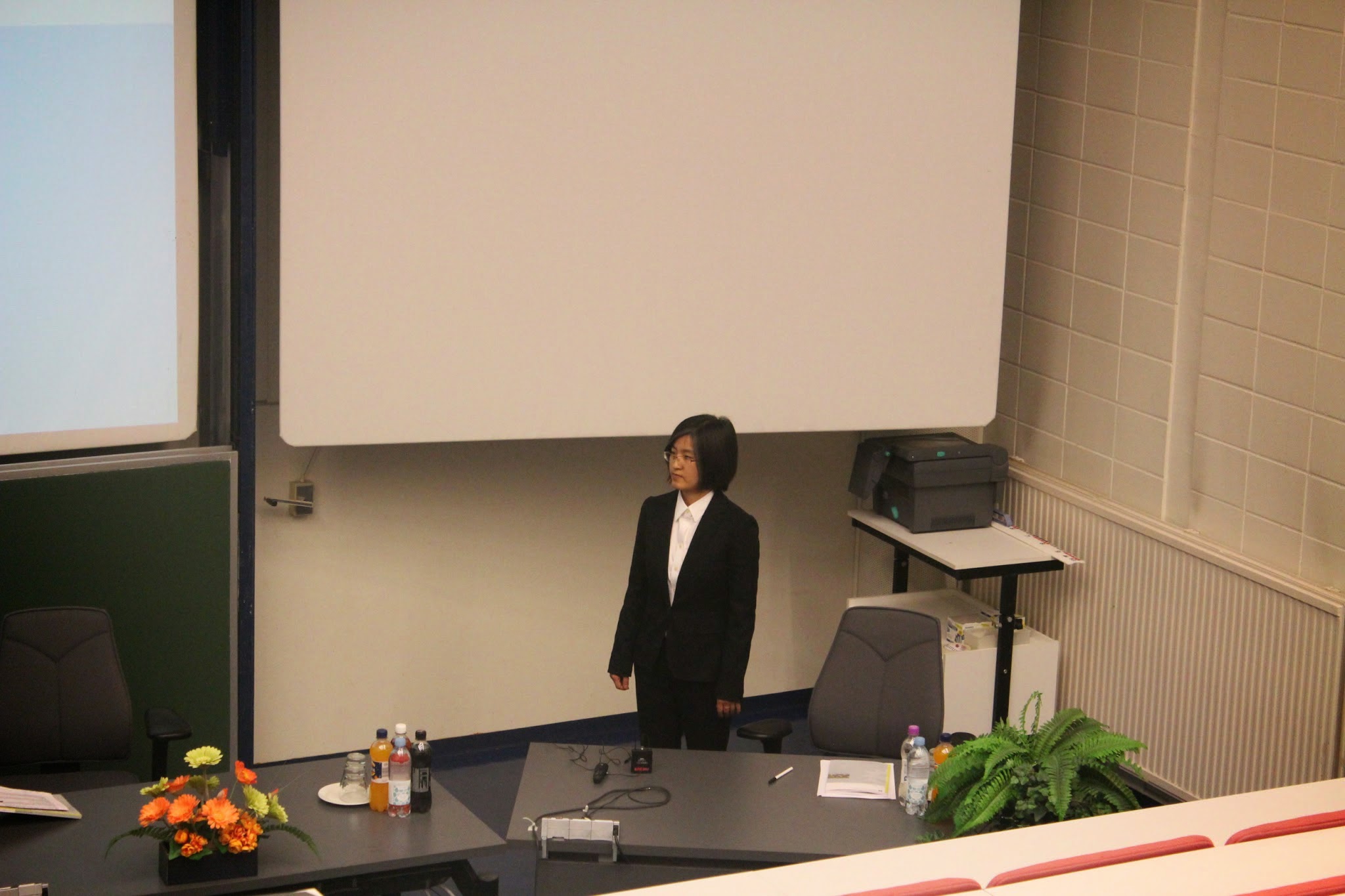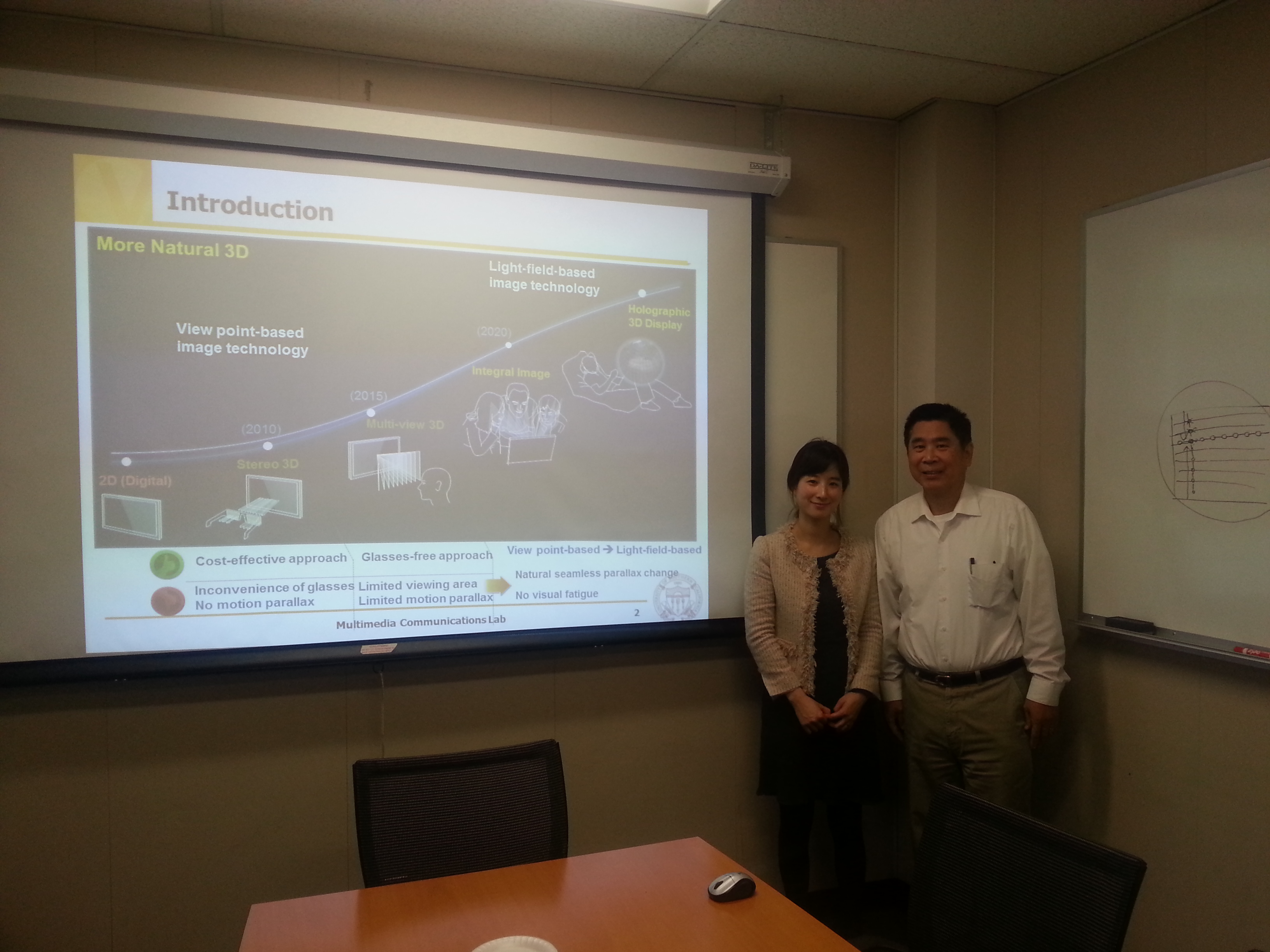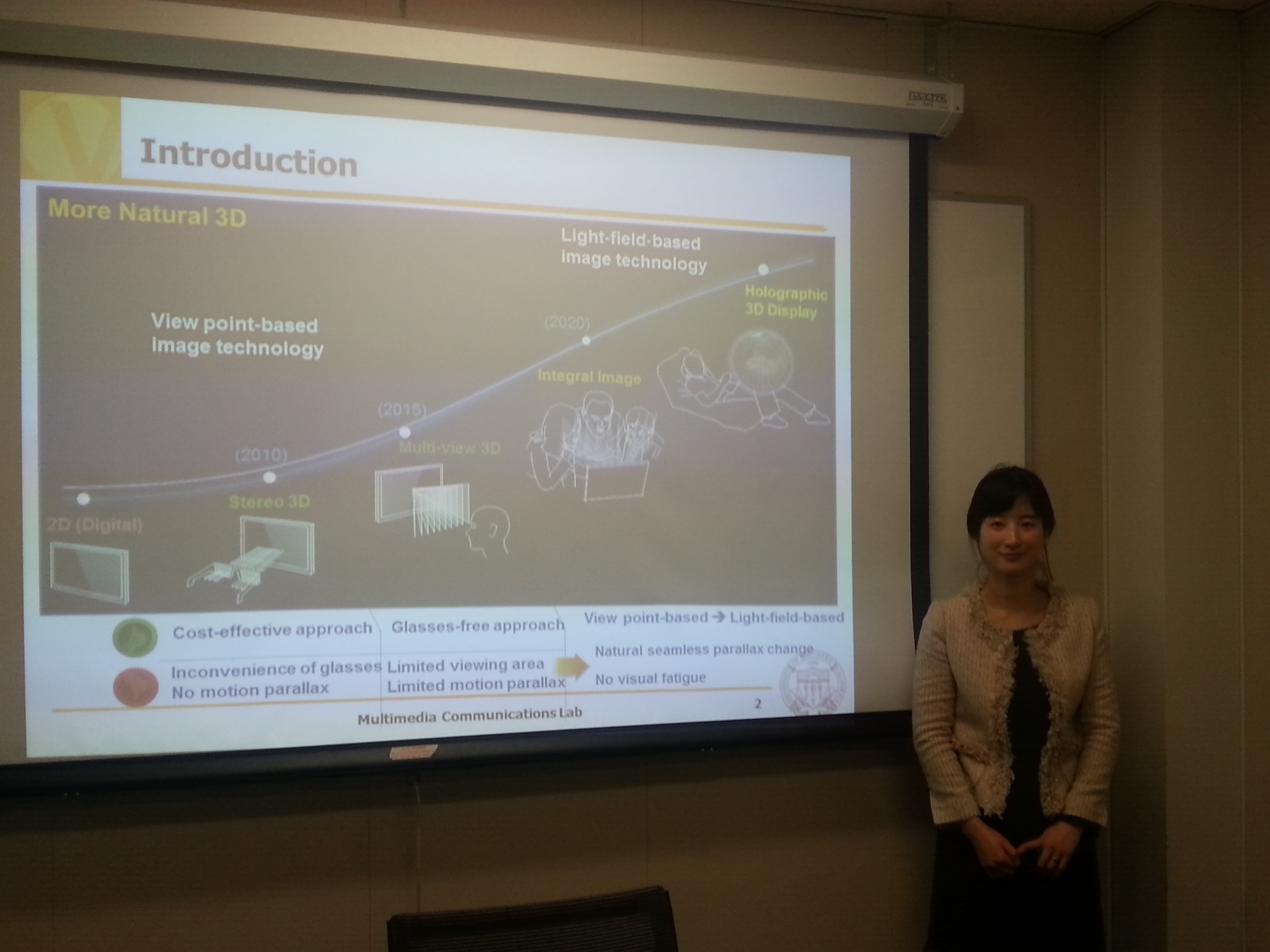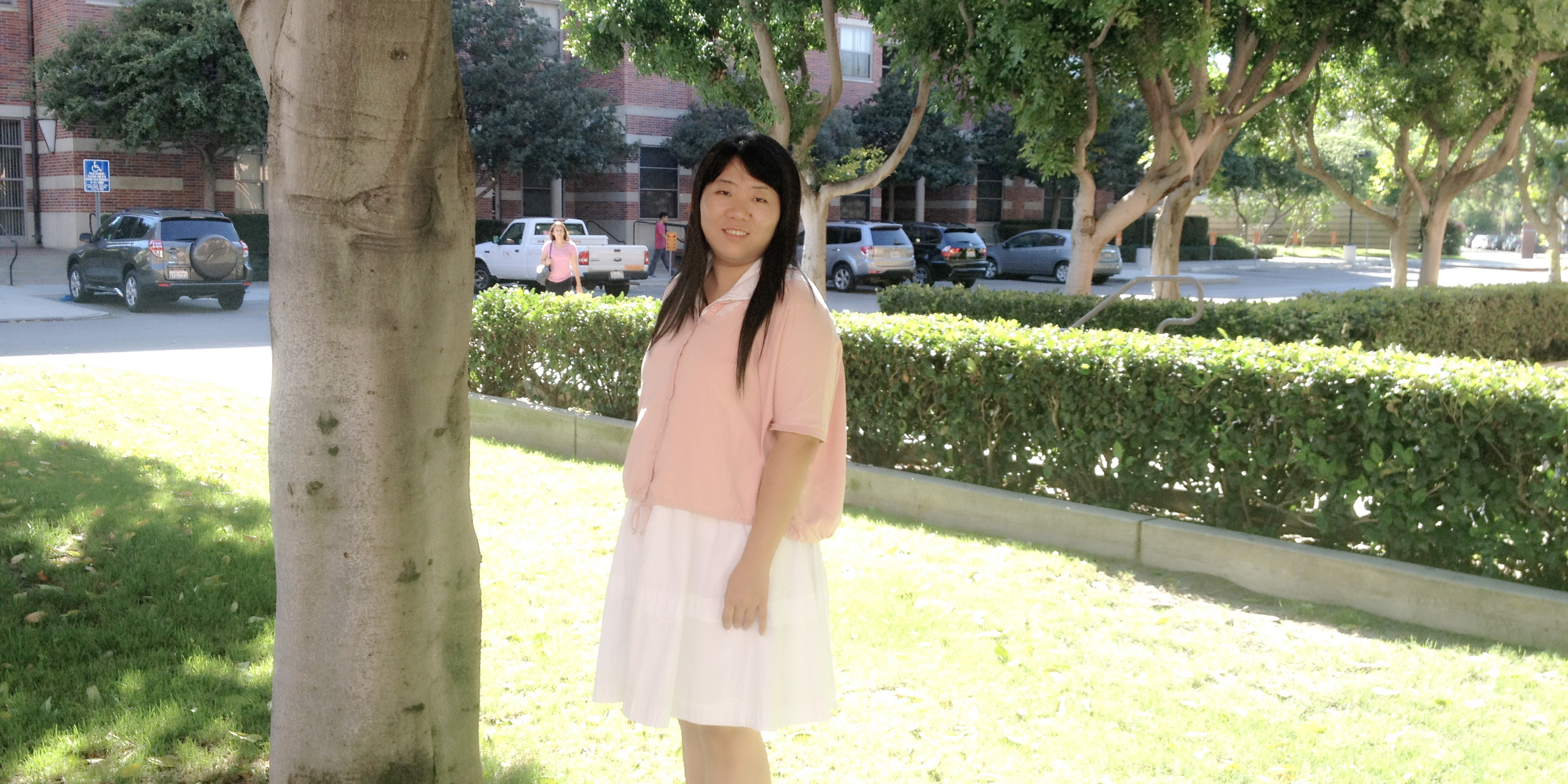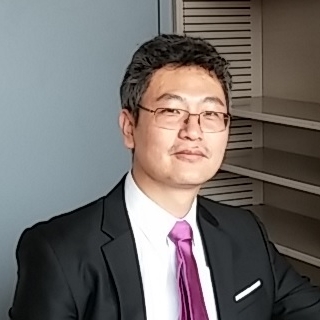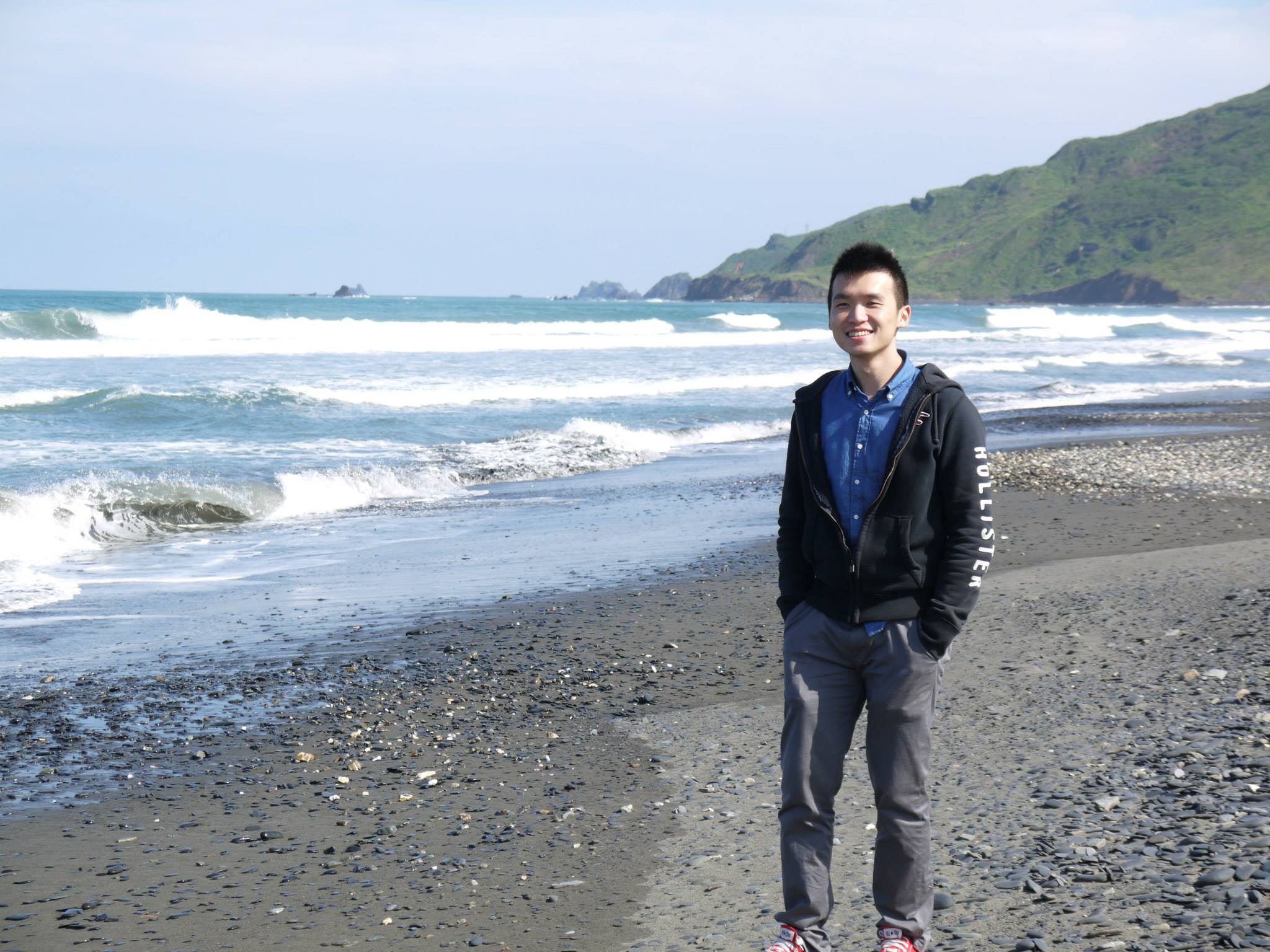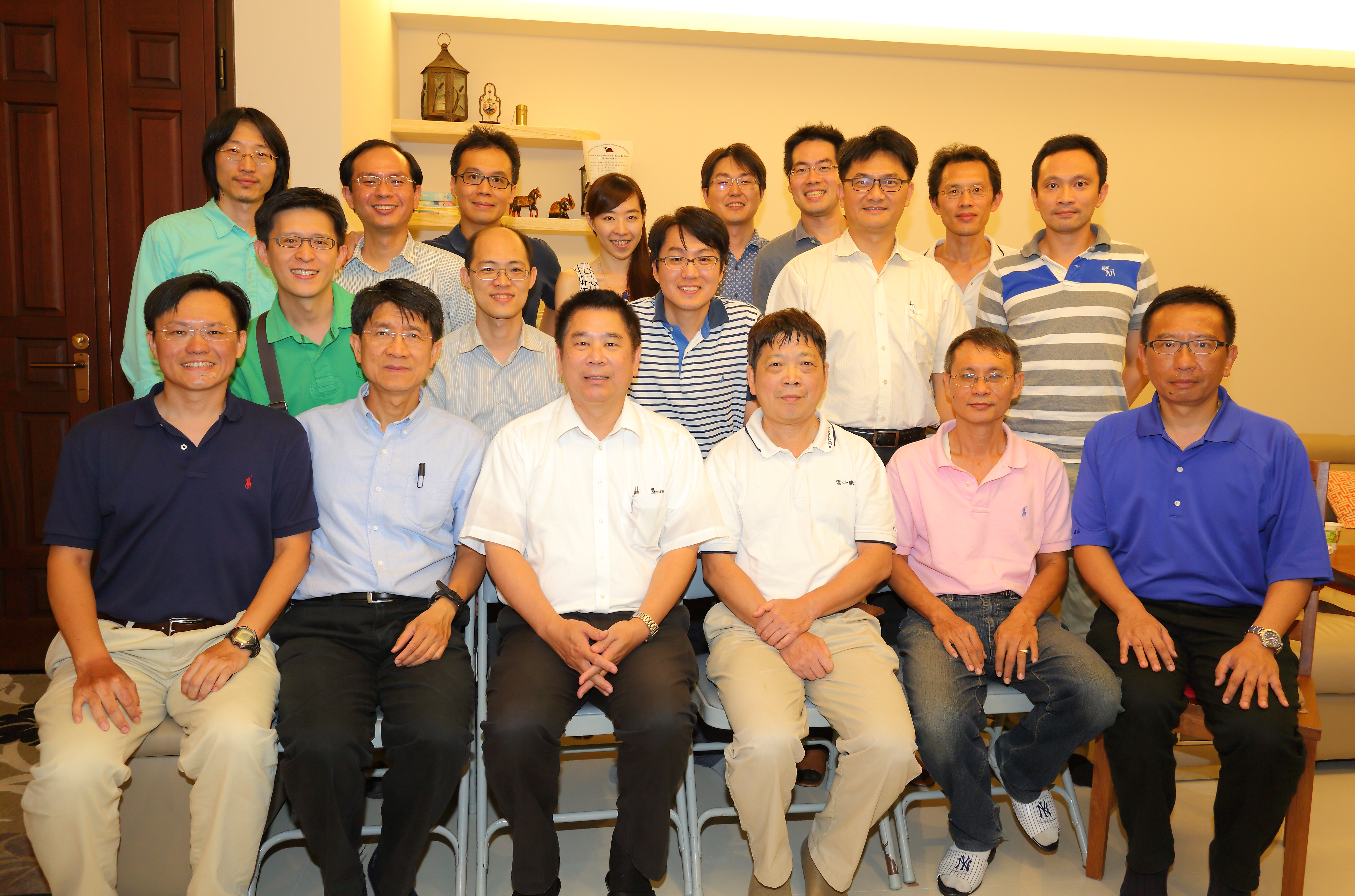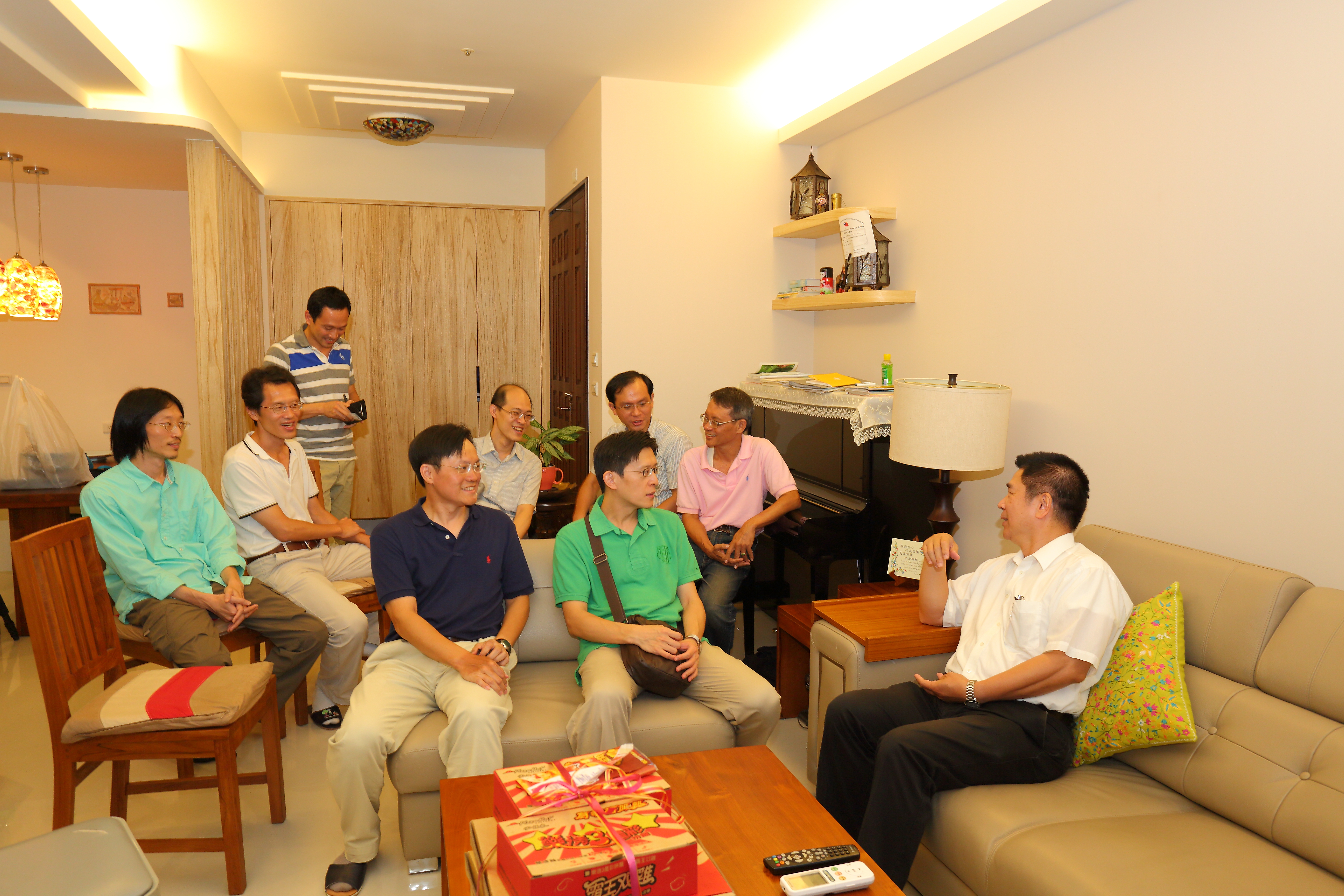Ms. Lina Jin passed Her PhD dissertation Public Exam
Ms. Lina Jin started her PhD study from January 2011 at the Computing Imaging group, Department of Signal Processing, Tampere University of Technology, Finland. Since 2011, She has been co-supervised by Prof. C.-C. Jay Kuo from the University of Southern California. From October 2013 to December 2014, she has been working at Prof. Kuo’s Media Communications Lab as a visiting scholar.
Congratulations to Lina Jin for passing her public examination on January 30, 2015. The title of her dissertation is “Perceptual Quality Assessment for Visual Signal”. Her dissertation was pre-examined by Prof. Patrick LeCallet (Université de Nantes/Ecole Polytechnique de l’Université de Nantes, France) and Prof. Weisi Lin (Nanyang Technological University, Singapore). The opponent is Prof. Mårten Sjöström from Mid Sweden University, Sweden.
With the rapid growth of information technology and the Internet, image and video have become one part of our everyday life and their quality is of prime importance for numerous applications. The aim of realistic digital image and video is to create accurate, high quality imagery, which faithfully represents the physical environment. The ultimate goal is to create images that are perceptually indistinguishable from the actual scene. Thus, the automatic evaluation of image and video quality plays a critical role in the fields of image and video processing and there are many practical applications, such as quality monitoring to maintain Quality of Service (QoS) requirements, the evaluation of video processing for compression, and perceptually optimal design of video processing systems. Ms. Lina Jin’s dissertation investigates and analyses image artifacts resulting from various 2D and 3D image/video applications and explores human visual perception of different image artifacts through subjective experiments. She conducted in designing and building a large new image quality database, TID2013. TID2013 provides [...]

